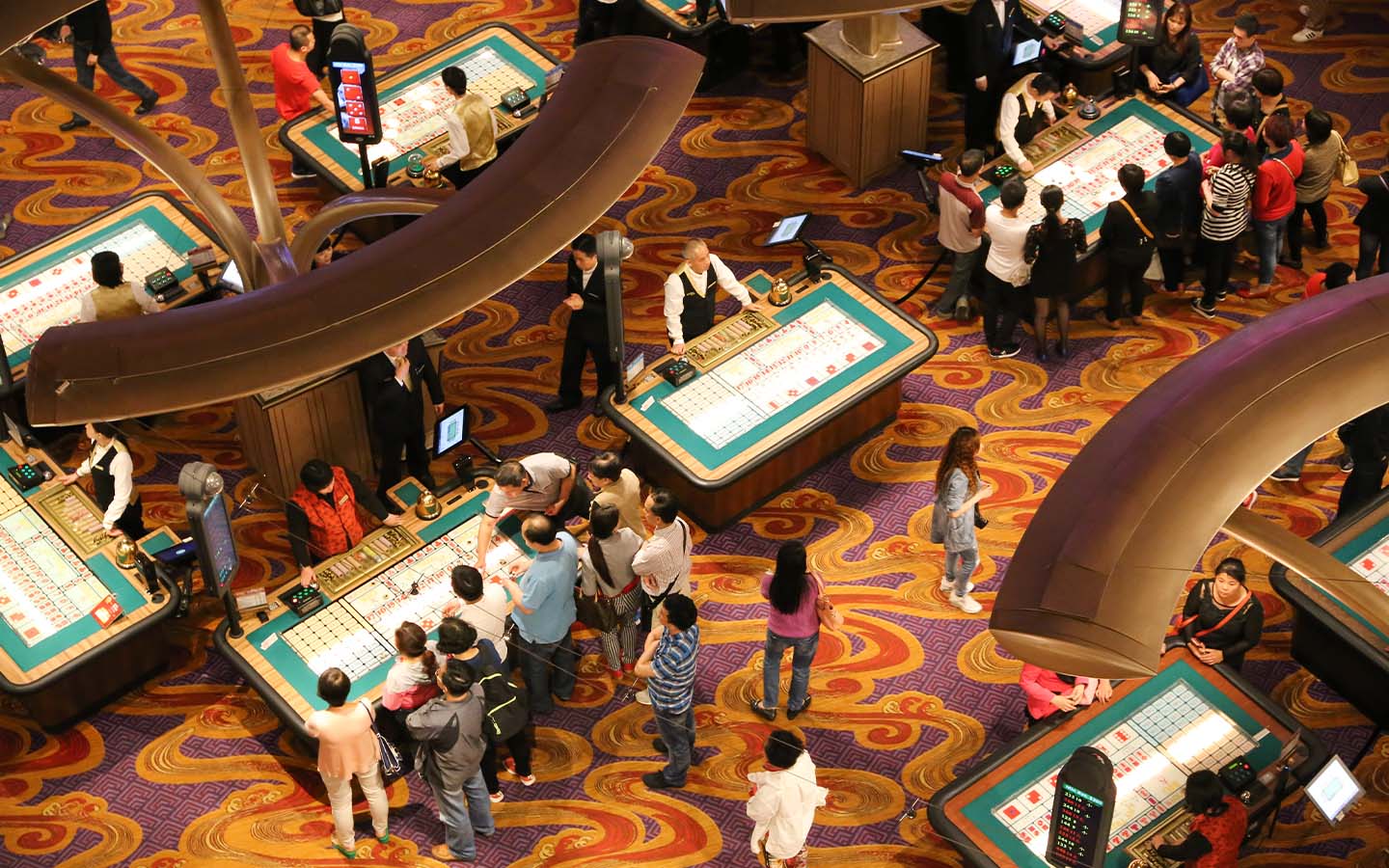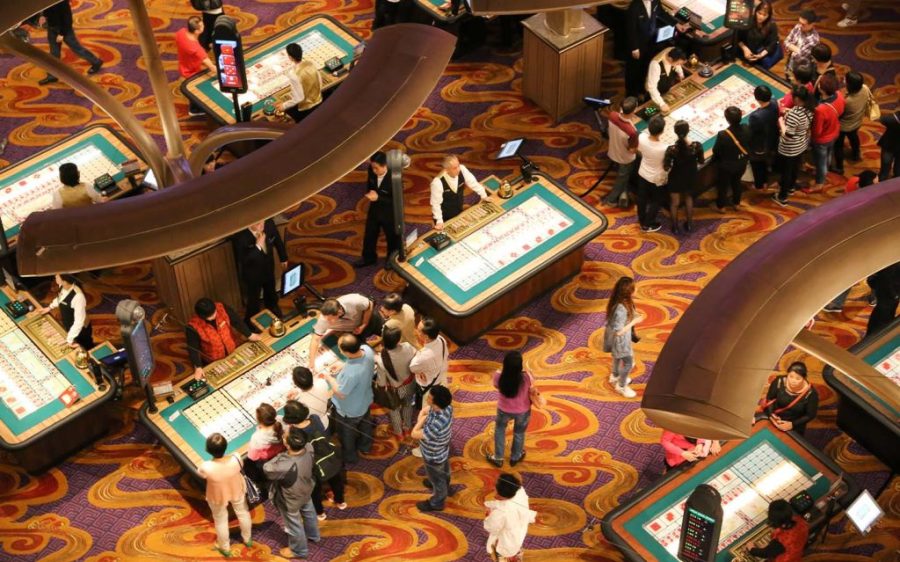While you won’t find Macao paved with gold (unless visiting the Grand Emperor Hotel’s gilded lobby), the former Portuguese enclave does consistently find itself categorised as one of the world’s wealthiest destinations.
In Global Finance’s 2024 richest territories list Macao beat the likes of Qatar, the UAE, Switzerland and Singapore to reach second place – behind only Luxembourg (Ireland was surprise third).
In fact, back in 2018, the International Monetary Fund predicted that Macao would be the world’s richest territory per capita by 2020. Alas, the Covid-19 pandemic came along and everything went a bit skew-whiff. Still, second place in 2024 isn’t too shabby.
[See more: The Internet asked, ‘What can you do in Macao?’ and we answered]
Last year, Macao’s gross domestic product (GDP) totalled US$47 billion. When you divide that by the city’s population, you get a GDP per capita of around US$69,700. But, Global Finance says, “the very same income can buy very little in some [places] and go much further in others where basic necessities (food, clothing, shelter, or healthcare) cost far less.”
To gauge how wealthy a territory really is, the publication also adjusts its figures for purchasing power (PPP) – which brings Macao’s GDP-PPP per capita to a whopping US$134,100. Luxembourg’s came in at US$143,700, while Ireland’s was US$133,900.
All this wealth may come as a surprise if you spend all your time in Macao peninsula, where the scruffy apartment blocks and humble noodle shops don’t exactly scream “glitz and glamour”. It’ll be less of a shock for those who hang out at Cotai’s collection of integrated resorts, where a proliferation of luxury French and Italian fashion houses ply their wares and Michelin-starred fine-dining is the norm.
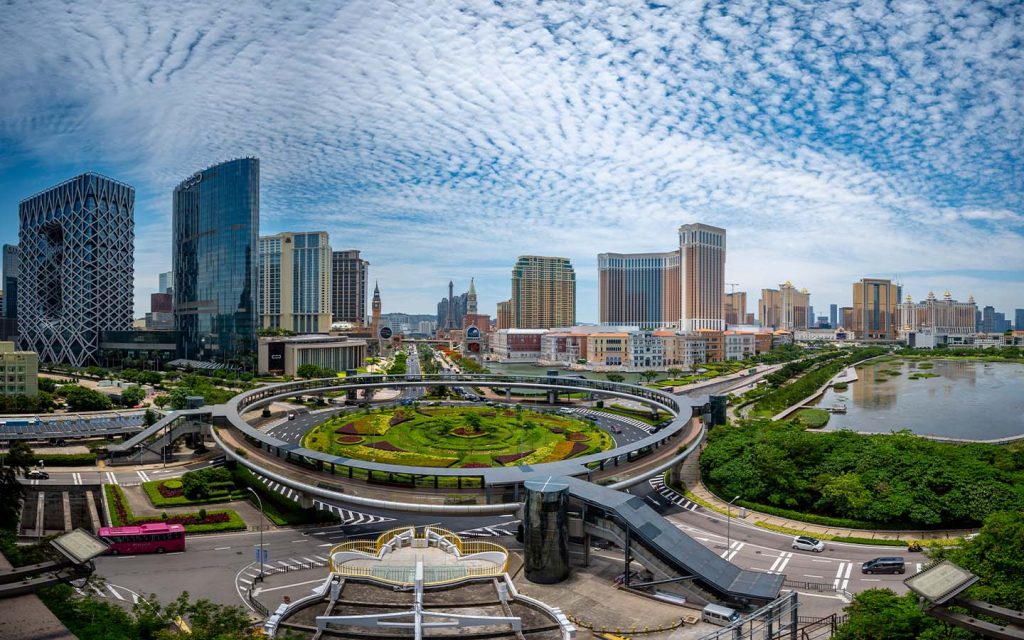
Does this mean everyone in Macao is rich?
Not at all. GDP-PPP per capita is not a good indication of average salary, as it doesn’t fully take income inequality into account. That’s when a small percentage of a territory’s population hangs on to a large percentage of its wealth. For reference, Global Finance put Macao at a less-than-impressive 83rd in its 2022 list of territories ranked by income inequality.
[See more: The internet asked ‘How big is Macao?’ and we answered]
According to figures from WorldData, the average monthly salary in Macao is about US$3,700. That’s roughly half of Luxembourg’s and a good way off Ireland’s US$6,700. So, while the territory is indeed extremely wealthy on a GDP-PPP per capita basis, its general populace could perhaps be described as quite comfortably well-off by mainland China’s standards.
So, how does Macao make its money?
In a word: casinos. There’s a reason Macao is known as “Monte Carlo of the Orient” and “Las Vegas of the East”.
While Macao was a booming hub for international trade back in the 16th and 17th centuries, that golden age wilted with Portugal’s decline as a world power (Portugal administered Macao between 1557 and 1999). The territory’s economy spent the next few centuries bumbling along with fishing and shipbuilding, then fireworks and garment manufacturing as its primary sources of income.
[See more: The internet asked ‘Is Macao safe?’ and we answered]
Those sectors’ earnings were smallfry compared with the riches Macao’s casinos would eventually be generating. You see, Macao transformed itself into a magnet for gamblers, mainly from China, in the early years of the 21st century. And we all know who benefits the most from gambling (hint: not the people placing bets).
Here are some figures that reveal casino’s importance to the economy. Firstly, gaming revenue made up almost 40 percent of Macao’s annual GDP in 2023. Secondly, taxing it netted almost 80 percent of the government’s entire revenue for the year. Thirdly, official data shows that Macao’s GDP per capita grew from US$17,738 in 2003 – a year after the government liberalised the gambling industry – to US$81,969 in 2019, before Covid-19 caused a nose-dive.
But Macao’s always had casinos, right?
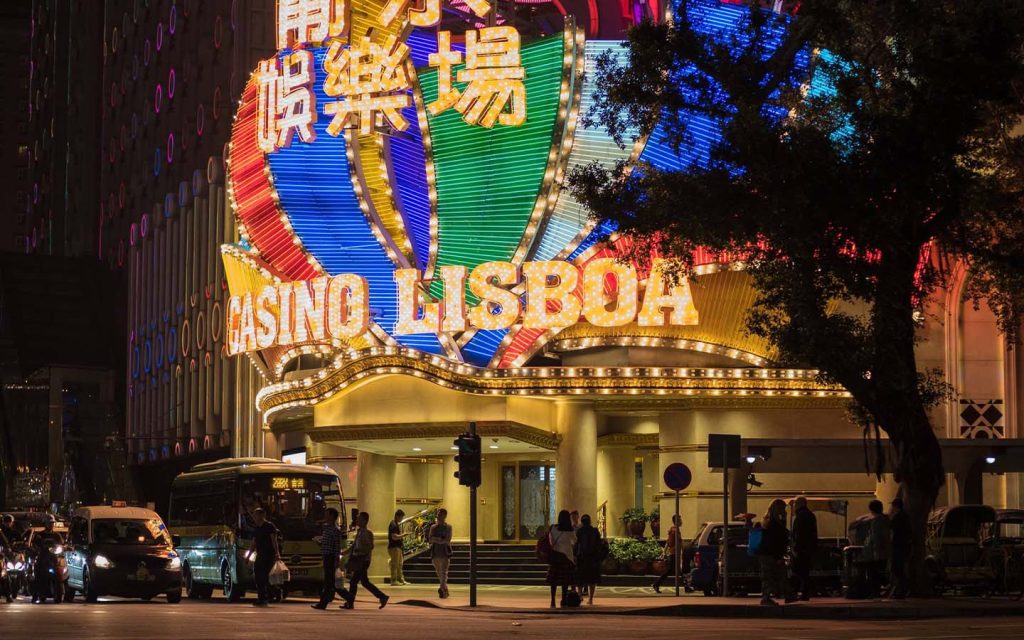
Gambling’s been legal for about 175 years in Macao. It started off in so-called fantan houses (fantan is a traditional Chinese game of chance), which were seedy joints where the opium trade thrived. At least one proper casino was operating by 1937, in the recently reopened Hotel Central. That was immortalised in print by the author of the James Bond spy novels, Ian Flemming, after a visit in the 1950s.
“The higher in the building you go,” Fleming wrote of Hotel Central, “the more beautiful and expensive are the girls, the higher the stakes at the gambling tables, and the better the music.”
But gambling was still very much a fledgling industry until 1962. That’s when the Portuguese administration granted monopoly rights over all forms of gambling to a company called Sociedade de Turismo e Diversões de Macau (STDM) – run by the now-legendary late casino mogul, Stanley Ho. The company transformed the city’s built environment with modernist masterpieces like the now-defunct Casino San Fa Yuen (located within the old Hotel Estoril complex) and colourful Casino Lisboa, which is still going strong.
However, the gambling’s biggest breakthrough came four decades later, in 2002. Shortly after Macao’s 1999 handover to China, its new government ended STDM’s monopoly and opened the SAR up to offshore competition. The idea was to “lure investment and to remake Macao’s into larger, more wholesome Las Vegas-style operations”, according to an academic paper published by Elsevier.
The plan worked better than anyone could have imagined. In 2007, the New York Times reported that Macao’s casinos were already generating more gross gaming revenue than those in Las Vegas’. Six US, Hong Kong and Macao-based companies currently hold gambling concessions in Macao: Galaxy Entertainment Group, Melco, MGM, Sands China, STDM and Wynn.
Why are Macao’s casinos so successful?
Victor Zheng, the associate director of the Hong Kong Institute of Asia-Pacific Studies, told Macao News that Macao’s “almost monopoly position” with Chinese gamblers was the main reason behind its casinos’ eye-watering success.
Reasons for this favourable situation are essentially three-fold. Firstly, the city is the only place in Greater China where gambling is legal. Secondly, it is also the only place where Chinese citizens are legally allowed to gamble. Thirdly, gambling has a deeply ingrained (yet rather complicated) position in Chinese culture – and the country’s own rapidly increasing wealth in recent decades has enabled many of the country’s people to splash out on games of fortune.
You’re saying that casinos are a good thing?
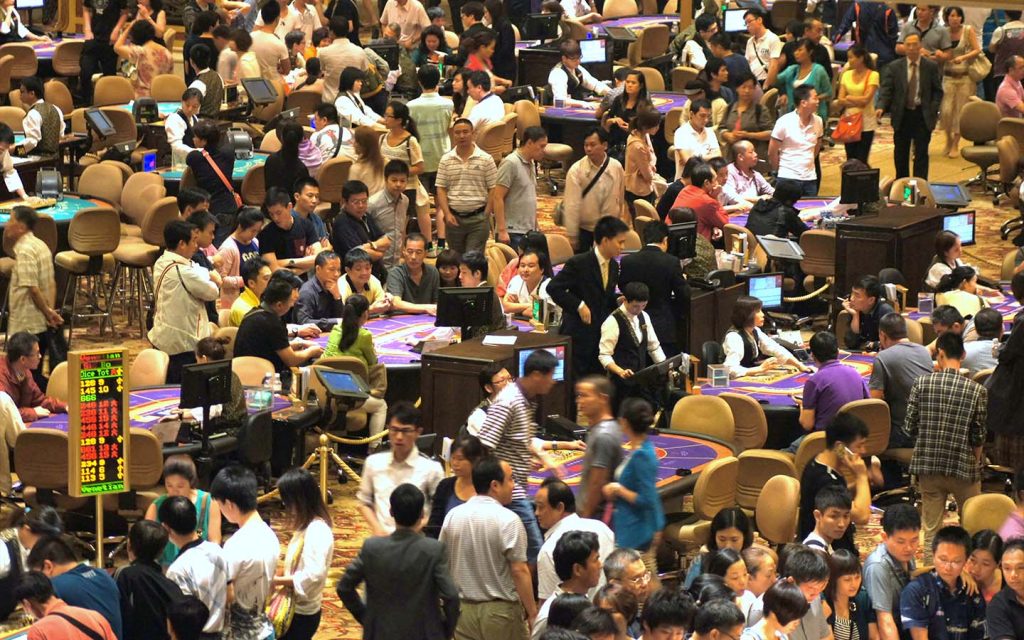
Problem gambling – which casinos can inadvertently encourage – is obviously a bad thing. But the rise of Macao’s gambling industry has had an overwhelmingly positive trickle down effect that touches almost every facet of society. For starters, the massive amounts of tax revenue flowing from casinos has enabled the government to invest heavily in improving the city’s public services. From healthcare and education to cultural facilities and public housing.
These taxes also facilitate the SAR’s Wealth Partaking Scheme – whereby residents get generous cash handouts from the government each year. The scheme gets described as a way for regular people of Macao to share in the revenue generated by gambling.
Crucially, the casino industry employs a large swathe of Macao’s population. Integrated resorts – which house casinos along with hotels, restaurants and other entertainment facilities – are also major sources of jobs in the city. In fact, the law states at least 85 percent of employees hired by each of Macao’s gaming operators must be locals.
Are there downsides to Macao’s wealth?
Sure. According to Zheng, one less obvious downside has been a culture of complacency amongst students. Instead of studying hard and striving for their future, Zheng says some students just assume they can fall back on a well-paying job with one of gaming operators – pass or fail.
There’s some worrying data to support this theory: analysis by the OECD’s Programme for International Student Assessment found that 22 percent of Macao’s school students had to repeat a grade in 2022, well above the OECD average of 9 percent.
As one local high school student noted in an 2014 Al Jazeera documentary about Macao’s education system, “people working in casinos can earn just as much as university graduates. So why should I study hard at school?”
Isn’t it problematic having ‘all your eggs in one basket’?
It is, and it’s an issue Macao’s government is well aware of. Over-reliance on one industry leaves the city highly vulnerable to external shocks like the Covid-19 pandemic, which resulted in a massive loss of revenue for the government, along with far fewer jobs and severely reduced incomes for SAR residents between 2020 and 2022.
Another theoretical shock would be if China changed its policies on gambling by, say, allowing casinos to operate on the mainland (this scenario is very unlikely), barring its citizens from gambling in Macao, or permitting them to gamble in emerging markets like Cambodia (and soon Thailand).
As such, Macao’s government is actively working to reduce the territory’s reliance on gambling. Last year, officials described this relatively recent focus on economic diversification as “an inevitable choice to ensure the long-term prosperity and stability of Macao”. How the city’s evolving economic landscape affects its lofty status in global wealth rankings remains to be seen.
